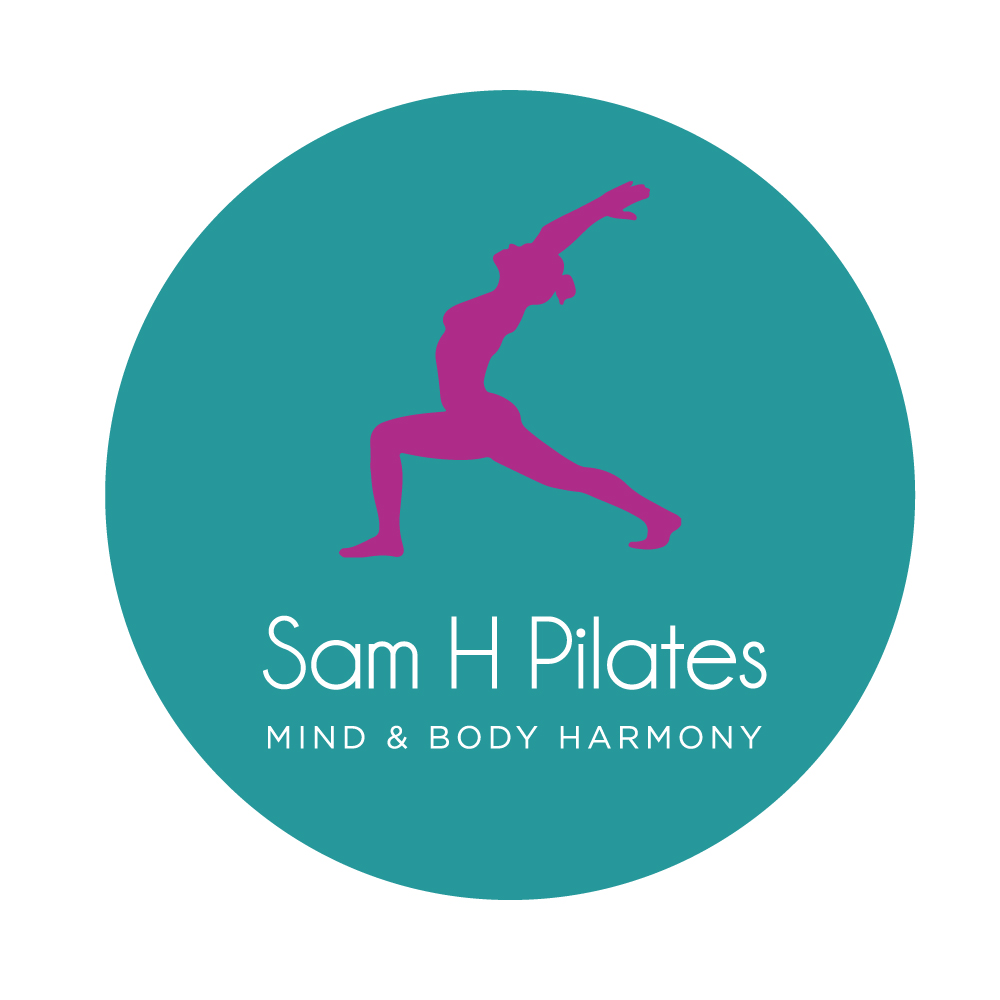Weekly Update
Creatine explained simply (and why I take it in my tea)
If you’ve been anywhere near a gym, fitness forum, or supplement aisle lately, chances are you’ve heard of creatine monohydrate.
It’s hailed as a go-to for muscle strength, athletic performance, and even brain health.
But is it something you really need – especially if you already eat well, train smart, and prioritise recovery?
What creatine actually does
Creatine is a naturally occurring substance in the body, found mostly in your muscles.
It helps produce ATP – your body’s primary energy currency – especially during short, sharp bursts of activity like lifting weights or sprinting.
Supplementing with creatine monohydrate has been shown to:
- Improve strength and power output
- Support muscle recovery and reduce fatigue between sets
- Encourage muscle cell hydration (helping muscle volume and growth)
- Possibly support cognitive performance and mental clarity under fatigue
It’s also one of the most well-studied and reliable supplements available – safe, accessible, and not just for bodybuilders.
My experience with creatine
I take creatine monohydrate every morning in a cup of organic, caffeine-free green tea – and I’ve genuinely noticed an improvement in both strength and recovery.
I do a full-body lift session three times a week, following the four pillars of fitness (consistency, repeatability, progressive overload and time), and creatine seems to give me just that extra bit of support to feel more capable and better recovered in the days following.
Despite the stories out there, I’ve experienced no side effects at all – no bloating, no headaches, no changes in digestion.
It’s subtle, but it works.
Recovery support and when it helps
While creatine is most famous for performance benefits, it may also support recovery by:
- Reducing muscle soreness
- Helping restore ATP and glycogen after training
- Supporting hydration and muscle repair
It’s not a magic fix, but if you’re lifting regularly, it can offer a helpful boost.
And for those wondering – yes, it’s fine to take creatine in tea, as long as it’s caffeine-free.
Caffeine might reduce absorption slightly, so separating the two is ideal.
Taking creatine with food or shortly after a meal also helps improve uptake.
What about side effects?
Most people tolerate creatine very well, especially in small, consistent doses (3–5g per day).
But here’s what’s possible, even if uncommon:
Water retention
A feeling of puffiness or slight weight gain
Bloating or stomach discomfort
Especially if taking too much or on an empty stomach
Mild dehydration or headaches
If fluid intake is too low. Make sure you are drinking sufficient amounts of water
False kidney concerns
Creatine can raise creatinine on a blood test, but this isn’t harmful in healthy people
**Creatine supplementation can cause a small rise in creatinine levels on blood tests — but that’s just a normal by-product of how your body breaks down creatine. It doesn’t indicate kidney damage in healthy people.
Unless you have a pre-existing kidney condition, this slight increase is completely harmless and nothing to worry about.
As always, if you’re unsure, a quick chat with your GP can give you peace of mind**
From personal experience – and in clients who’ve used it correctly – these side effects are rare and manageable.
Should you take creatine?
You might consider it if:
- You’re doing regular resistance training or strength blocks
- You want to improve muscle recovery or training endurance
- You’re curious and consistent enough to trial it for 6–8 weeks
- You’re vegetarian or vegan (since creatine is found mostly in animal products)
But if your training is already balanced, your nutrition is solid, and you’re feeling good – creatine isn’t essential.
You’re not missing out by choosing not to take it.
Sam ‘appreciating the benefits’ Hobbs



